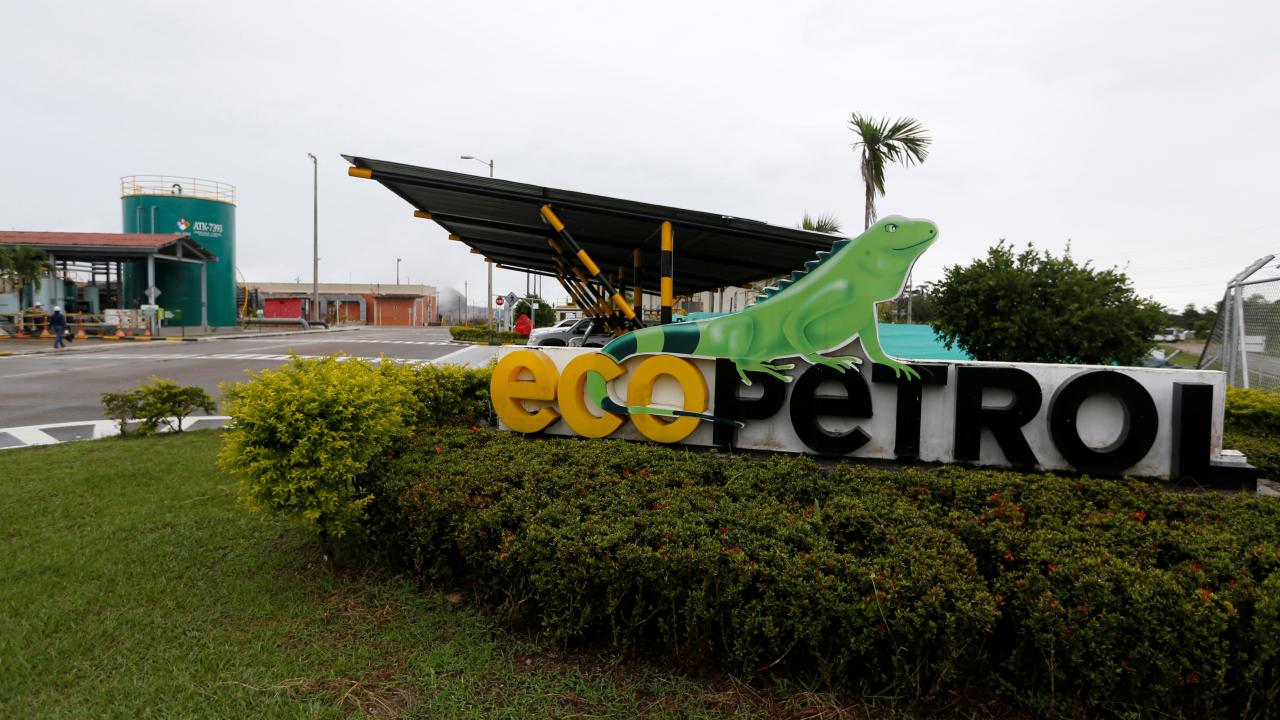
The bondholder assemblies authorized the update of the corporate purpose of the Colombian state company.
Ecopetrol, Colombia's largest company, is advancing energy transition plans that target markets beyond oil.
The company recently reported that, at the bondholder meetings, the update of its corporate purpose was authorized, so it will now be able to carry out activities different from those it has been developing.
Specifically, this change allows it to carry out, among others, research, development, commercialization, construction and operation of non-conventional sources of energy and renewable energy, such as green hydrogen, as well as the capture, use and storage of carbon, generation of carbon credits and other similar instruments.
"On May 29, 2024, the meetings of the ordinary bondholders of the local debt issues carried out in 2010 and 2013 were held in a second call meeting. In them, the approval of the update of the corporate purpose was achieved, with the favorable vote of the majority of the holders present and which represented more than 40% of the total unpaid loan, which confirms the confidence of the bondholders in the company,” Ecopetrol stated.
The company also reported that, in terms of Corporate Governance, director Gonzalo Hernández met the independence criteria, “so the Board of Directors has 7 independent directors, exceeding the minimum provided for in the Colombian securities market law (25%). , equivalent to 3 out of 9 members) and what is statutorily established (majority, 5 out of 9), that is, 78% of the members meet the independence criteria.”
Energy transition
In the Government of Gustavo Petro, the commitments to advance in what has been called the “decarbonization of the economy” have been reinforced, which includes the adoption of renewable energy sources. Along these lines, the news regarding the exploration and exploitation of gas and oil has been quite popular.
At the same time, alliances have been made with other governments, such as the German one, so that Colombia receives support in the research and development of green hydrogen, as well as the expansion of solar farms and wind farms.
However, this has translated into a challenge for the economy, since we must not lose sight of the fact that oil, as well as products from extractive industries, continues to be the main export group in Colombia. The increase in the price of fuel (gasoline, for now), as well as their imports (due to lack of refineries), have also translated into a greater weight in the pockets of Colombians.
Beyond this, the great economic powers are migrating towards this transition. The big question is how to do it in a sustainable way, both for the environment and the economy.









